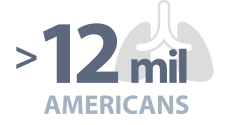TransMedics OCS™
Science That Mirrors Life.
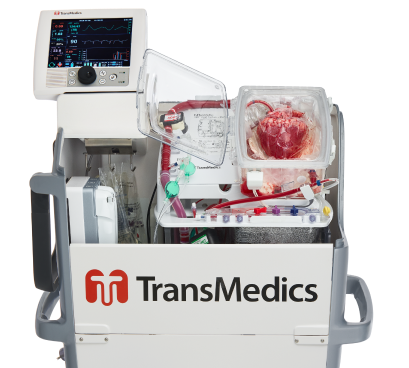
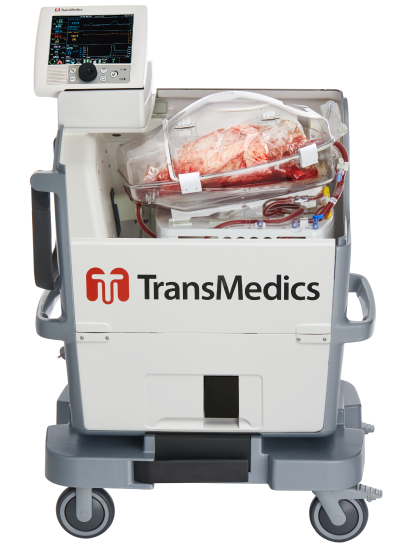
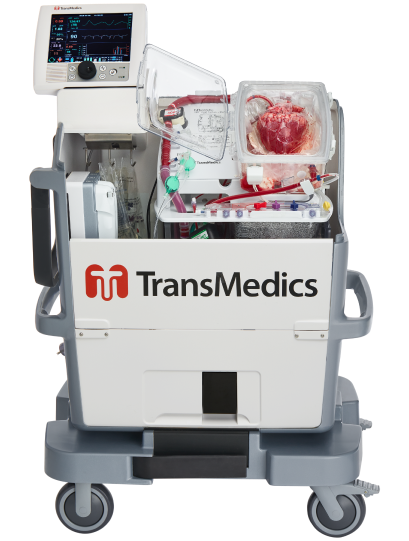
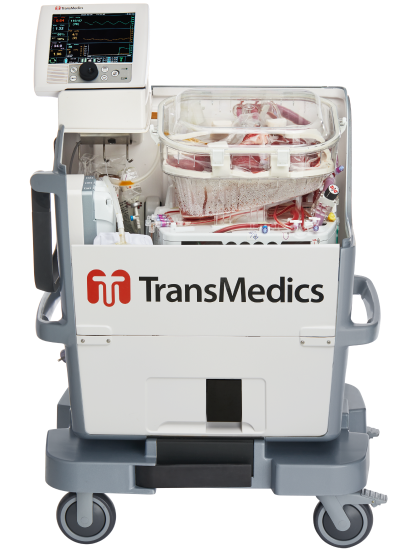
Discover the FDA-approved OCS multi-organ platform technology
Every organ wasted is a life not saved
The majority of donated organs are not utilized for transplantation due to the limitations of cold storage preservation (putting organs on ice in a cooler).
A large and growing clinical demand
Cold storage limitations
With Cold Storage

Only 2-3 out of 10 donated thoracic organs are able to be used for transplant
Severe time-dependent injury (ischemia)
No organ optimization capabilities
No assessment of organ viability
30-35% post-transplant complications*
1 U.S. Organ Procurement and Transplant Network (OPTN) 2016 Annual Report
2 The Lancet Respiratory Medicine Journal; Results of OCS Lung INSPIRE Trial; Singh et al.; ISHLT Primary graft dysfunction Incidence, Risk factors and Outcomes ; Transplantation 2019; Vol 103, No.2 336-343.
With OCS Technology

OCS can help deliver a significant increase in organ utilization
Significant reduction in ischemia
Enables organ optimization outside of the human body
Allows for organ viability assessment
Significant improvement of clinical outcomes
A Transformative Technology
To overcome the limits of cold storage, the Organ Care System, or OCS™, is a transformative technology designed to better preserve, assess, and maintain donor organs, potentially reducing the number of unused organs by addressing the key limitations of current preservation methods.
Warm blood perfusion
Donor organs are maintained in a living, functioning state, perfused with warm, oxygenated, and nutrient-enriched blood
Organ assessment
The OCS allows physicians to monitor and assess the viability of organs outside the body
Therapeutic intervention and optimization
By replenishing organs with oxygen and nutrients, the health of an organ can be optimized during transport
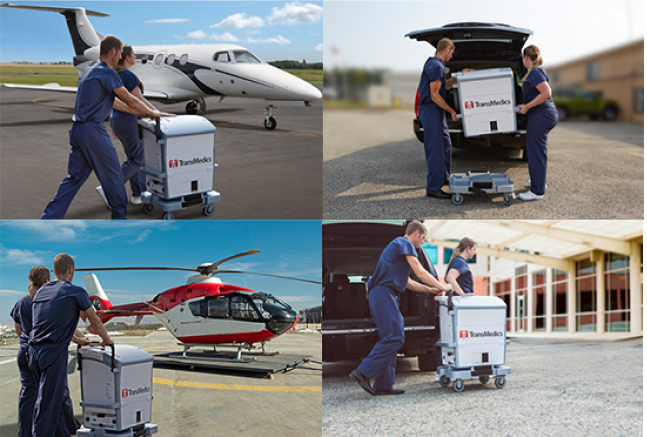
The only fully-integrated, compact, portable organ system. Shown to improve clinical outcomes.
The TransMedics Organ Care System (OCS) is a fully portable, multi-organ, normothermic preservation and assessment technology that mirrors human physiology, minimizes ischemia, and provides the ability to optimize the organ during transport.
This revolutionary technology allows physicians and institutions to maximize the potential of donor hearts, lungs, and livers while monitoring each organ throughout the entire process, ensuring transplant teams can preserve organs in an optimal condition.

Only multi-organ platform used with donor lungs, hearts and livers

Largest user base at 70 leading US and global transplant centers

Largest body of literature and clinical evidence in warm perfusion

Most extensive training program including 24/7 clinical support
